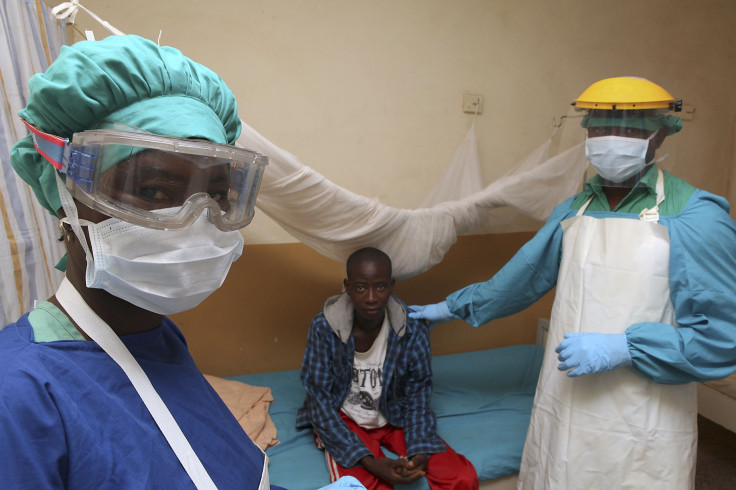Lassa Fever In US: New Jersey Man Dies Of Viral Hemorrhagic Fever After Liberia Trip

A New Jersey man who recently travelled to Liberia died of Lassa fever on Monday evening days after his return to the United States, authorities reportedly said. Lassa fever, an acute hemorrhagic illness, is endemic in parts of West Africa but is rarely seen in the U.S.
The man, who arrived at New York City's JFK International Airport on May 17, reportedly did not show any symptoms of the viral infection on his departure from Liberia and had no fever when he was screened at the airport upon arrival. But, a day later, he reportedly went to a New Jersey hospital complaining of a sore throat and lethargy. His condition later became critical and he suffered multiple organ failure, Dr. Tom Frieden, director of the U.S. Centers for Disease Control and Prevention (CDC) in Atlanta, said according to the Associated Press (AP).
The Lassa virus, which spreads through food and household items contaminated with rodent excreta, is reportedly common in certain parts of West Africa, which have also recently been hit by the ongoing Ebola epidemic that has claimed the lives of over 10,000 people.
However, health officials reportedly said that the latest case is not a cause for public alarm as the virus does not spread through human contact. But, as a precautionary measure, the CDC and New Jersey health officials are tracking those who came in contact with the deceased man in recent days, including those who sat next to him on his flight from Morocco to New York. CDC officials reportedly said the patient frequently travelled to Liberia on business, adding that he did not disclose to health officials about his trip to Liberia.
The latest Lassa fever case is the sixth in the U.S. since the virus was discovered in Nigeria in 1969. The last case of Lassa fever was seen in Minnesota in 2014. An estimated 100,000 to 300,000 cases have been seen in West Africa each year, including about 5,000 deaths, AP reported.
Although Lassa fever and Ebola originate in the same West African countries, they are different in how contagious or deadly they are. Ebola has a fatality rate of 70 percent, according to the CDC, while Lassa is fatal in only about 1 percent of the cases. Lassa fever also does not spread from person to person, but like Ebola, it can spread through contact with blood, feces or vomit of an infected person.
© Copyright IBTimes 2024. All rights reserved.











